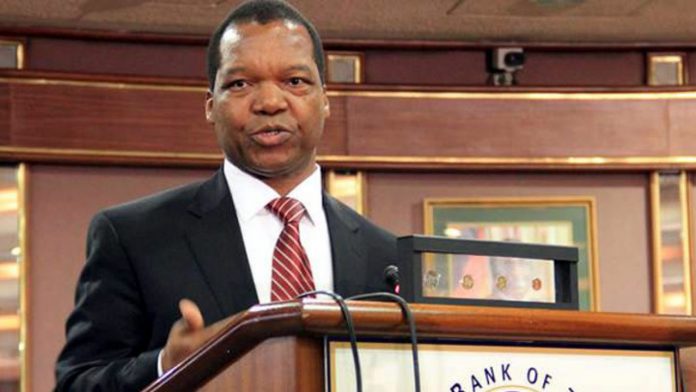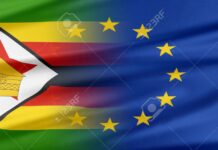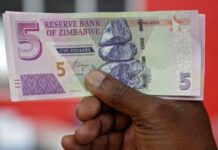Farai Mabeza
Zimbabwe is battling to salvage its economy on its own in the wake of the COVID-19 pandemic after being excluded from the emergency financial assistance extended to other countries by the International Monetary Fund, Reserve Bank of Zimbabwe Governor John Mangudya has said.
Appearing before the Parliamentary Portfolio Committee on Budget and Finance, Mangudya said Zimbabwe has had to watch from the side-lines while other countries in sub-Saharan Africa got US$8 billion on very favourable terms.
“IMF has disbursed US$21 billion with around US$8 billion being disbursed to sub-Saharan Africa at very concessional terms of zero percent, a five-and-a-half-year grace period and to pay over 10 years. That’s the kind of funding this country would need to take off but we don’t qualify under those terms,” Mangudya said.
The IMF has announced that it was setting aside US$50 billion for member nations to inject into their economies in response to the global pandemic.
Zimbabwe settled its arrears with the IMF in 2016 but does not qualify for new lending because it still owes the World Bank and the African Development Bank.
Mangudya said because of the isolation, Zimbabwe needs to go the extra mile in its behaviour, more than what is expected of other countries.
“We are by ourselves and we need to work as if we are by ourselves. I see Zimbabwe as an orphan in the family of nations, a stepchild.
“When you are an orphan or a stepchild the first thing that you need to do is to have a high level of discipline,” he said.
The Zimbabwean government came up with an $18 billion package which Mangudya said would be disbursed using synchronised interest rates.
“We have synchronised our lending rates. From the government to the banks its 10 percent and banks are expected to lend at not more than 20 percent because they are taking the risk of the customers.
“This is a very noble package which we do believe and it’s our prayers that the rescue package should be used to reboot production in this country,” he said.
Zimbabwe faces a number of economic challenges including a huge import bill.
In 2018, the country imported US$403 million worth of food, US$465 million in 2019 and US$229 million in the first four months of this year.
In addition, the country has a perceived high country risk.
“We are a country driven by perceptions, speculations, suspicions and individualistic tendencies as opposed to fundamentals and national interests. This has led to high levels of indiscipline across the economy,” Mangudya said.
“These challenges lead to symptoms that we see in the economy such as currency instability and inflation.”
















